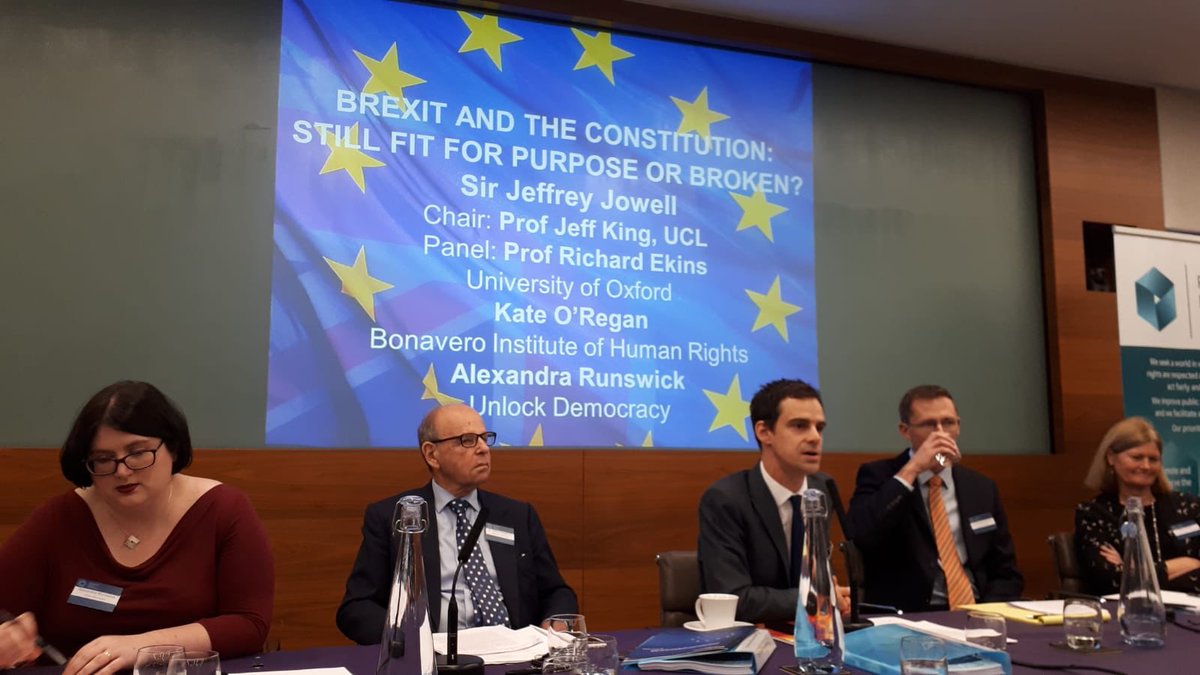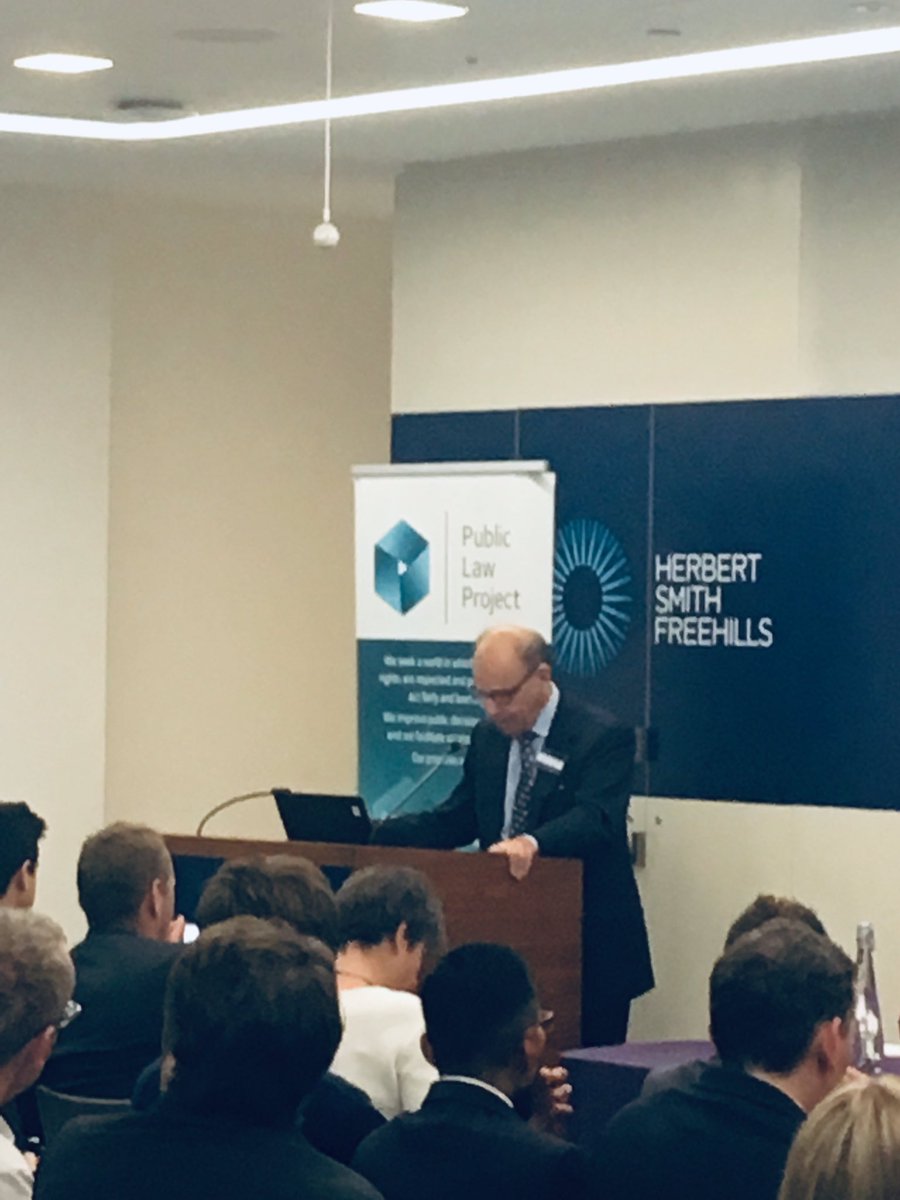
Client story thread #BenefitSanctions #ECF
1) Last week PLP’s @MIAhluwalia represented a client in her appeal against 6 sanctions decisions
Our client had been sanctioned 6 times and her Universal Credit payments had been reduced for 665 days – roughly a year and nine months
1) Last week PLP’s @MIAhluwalia represented a client in her appeal against 6 sanctions decisions
Our client had been sanctioned 6 times and her Universal Credit payments had been reduced for 665 days – roughly a year and nine months

2) All six sanctions were imposed for allegedly missing appointments, either at a work programme provider or at the Jobcentre.
3) Our client was a care leaver who had also experienced domestic violence. She suffered from a number of physical and mental health problems and had difficulties with literacy.
Throughout the relevant time, the DWP failed to take into account our client’s vulnerability.
Throughout the relevant time, the DWP failed to take into account our client’s vulnerability.
4) Because of the 6-week wait for her first payment of UC (it is now a 5-week wait), our client sometimes could not afford the bus fare to her appointments. Her first 3 appointments with her work programme provider were scheduled before she had received her first UC payment.
5) One of the sanctions was imposed because our client had missed an appointment on a day that she had attended her aunt’s funeral.
6) On another occasion our client had two appointments scheduled for the same afternoon; due to the travel time it would not have been possible for her to attend both.
7.Because all six sanctions were ‘low-level’, our client had 100% of her standard allowance deducted from her Universal Credit payments for 665 days.
8) Part of the reason for such a long sanction period was because ‘low-level’ Universal Credit sanctions have an ‘indefinite’ and a ‘fixed’ period. Our client was deemed by the DWP not to have met the necessary conditions for ending the ‘indefinite’ periods at earlier points
9) The impact of a long time with a big cut in UC meant our client had to apply for hardship payments from DWP, borrow money from friends & family, and got into debt. At times she could not afford food, or heating for her home, and she also got behind on her rent.
10) Our client appealed all 6 decisions to the First-tier Tribunal. Welfare benefits appeals in the FTT are not in scope for legal aid, so PLP applied for exceptional case funding from Legal Aid Agency to represent her at appeal which was heard over the phone due to COVID
11) The Tribunal allowed all 6 of our client’s appeals, finding that the DWP had failed to prove the sanctions had been lawfully imposed. All 6 sanctions decisions were set aside. Our client can now expect to have the money deducted from her Universal Credit backdated to her.
12) This case highlights a number of problems with the DWP’s sanctions policies and decision-making & shows the real-world impact they have on the lives of welfare benefits claimants.
13) PLP continues to act for claimants experiencing problems with Universal Credit sanctions. Please email sanctions@publiclawproject.org.uk to find out more, and check out our microsite claimantcommitments.org.uk for resources on negotiating a suitable claimant commitment.
• • •
Missing some Tweet in this thread? You can try to
force a refresh




